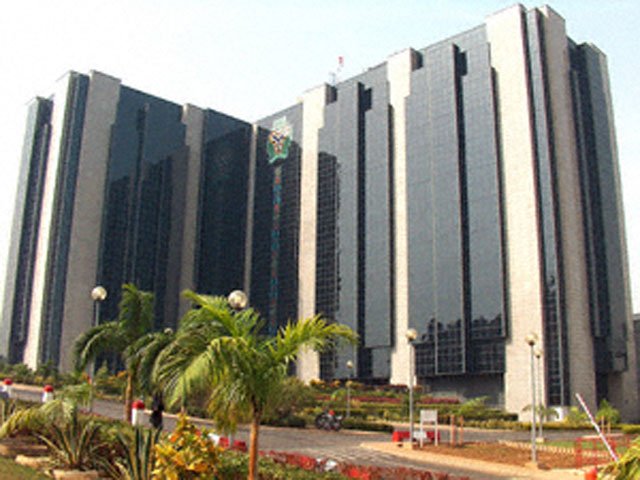The Central Bank of Nigeria (CBN) said it spent N16.55bn or 29.02% more on currency operations in 2018, compared to previous year’s.
According to the annual report of the CBN Currency Operations Department, released on Tuesday, a total of N73.582bn on currency operations in the period under review, compared with N57.032bn in 2017.
A breakdown of this figure showed that N70.8bn or 96.22% was spent resolving Currency Issue-related recurrent expenses, while N2.708bn, or 3.68% went into Currency Issue capital expenses; and Non-CIE items accounted for the balance of N74.67m, or 0.10 percent.
The report also noted that the department incurred N14.515bn or 29.31% more to print banknotes in 2018, compared to the previous year; as printing of banknotes for the year gulped a total of N64.04bn on, compared to ₦49.524bn in the corresponding period of 2017.
In addition, the department spent N5.63bn, or 7.96% on air charter, up from N4.022bn in 2017, while another N662.21m was expended on currency notes disposal.
Within the period also, the department generated N7.954bn income from penalties imposed for unsorted banknotes deposited by deposit money banks, in addition to charges for authentication of foreign currency deposits with the CBN.
The amount represented an increase of N3.143bn, over the N4.81bn earned in 2017, an increase attributed “to the additional income earned from the authentication and processing of foreign currency deposits by DMBs.”
The department said it was confronted with operational challenges such as the “sale of newly minted Naira notes; poor handling habits of banknotes by the public; hoarding of the Naira and high cost of currency management. Other constraints were rising incidences of counterfeiting of the higher denomination banknotes; public apathy in the usage of coins; disposal of banknotes waste in an eco-unfriendly manner, and banknotes inter-leafing and other shortages discovered in the deposits of DMBs and Bankers Warehouse.”
To address the challenges, the Department says it plans to “sustain efforts to conduct operational research and benchmark best practices to improve Currency Operations Management. The Department will continue collaboration with security agencies to mitigate the sale of newly minted Naira banknotes, through sting operations and other activities.
“Furthermore, the Department will sustain its intervention in addressing the sub-optimal circulation of lower denomination banknotes through adequate supply and distribution in collaboration with DMBs. Also, the recycling of banknotes waste to reduce the carbon footprints will remain a major focus of the Department. To stem the tide of sale of newly minted Naira notes, curb counterfeiting and poor handling of the Naira notes, the
Department will continue to strengthen its collaboration with relevant stakeholders in the Harmonized Publicity Campaign and leverage the cashless policy.”
The department said it has commenced the process for establishing a Currency Laboratory to facilitate adjudication, banknotes evaluation and other tests for quality improvement, even as it continues engagement with the NSPM Plc to enhance timely delivery of the indent, liaise with the Bankers’ Committee and the Committee of Heads of Bank Operations (CHBO) for DMBs, to strengthen their internal control mechanisms.
This, it continued, will help minimize “incidences of shortages, deliberate mutilation, inter-leafing and counterfeits discovered during currency processing.”
Trending Today
Menu








